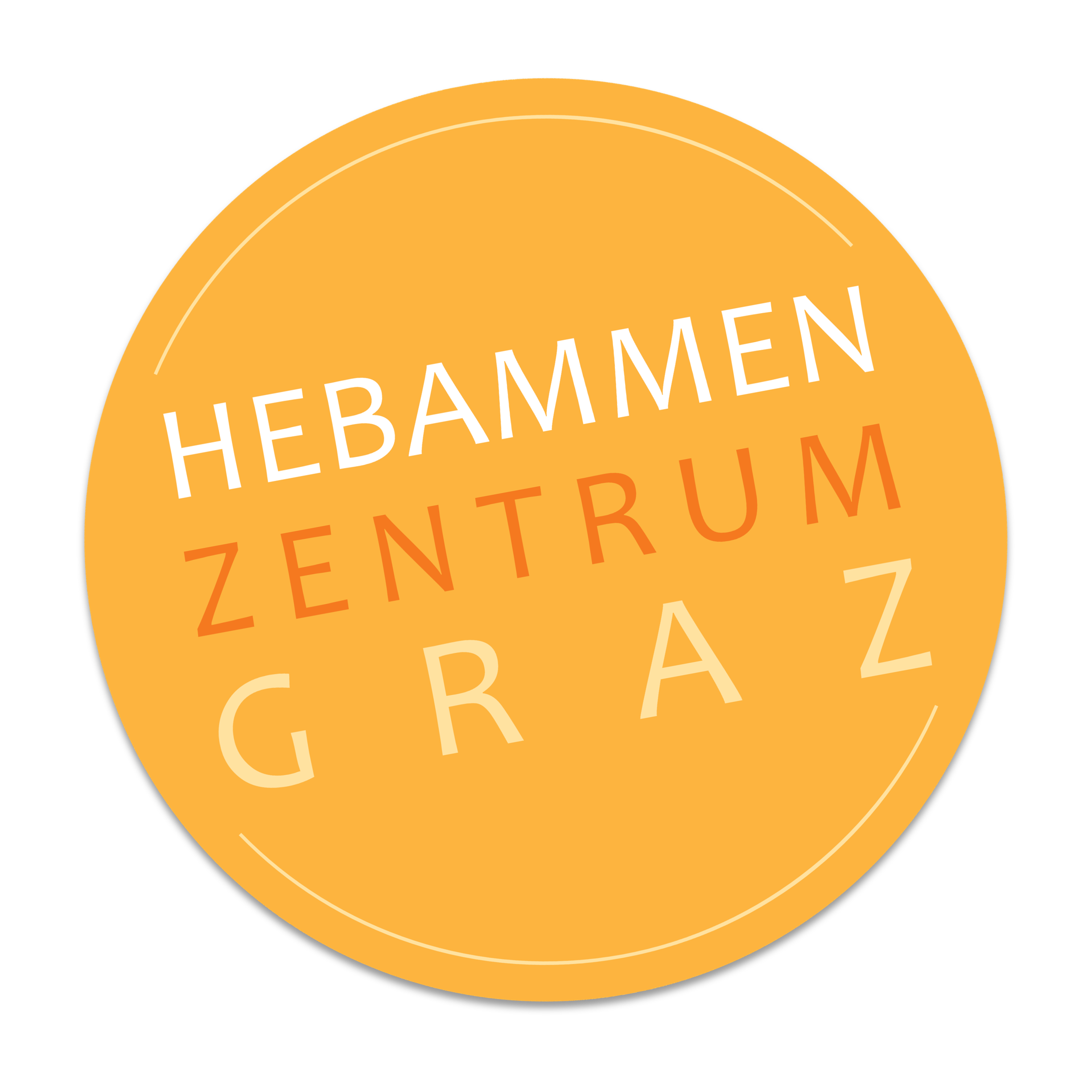– Regain Strength and Well-being After Birth
The power of the pelvic floor – health, pleasure and general well-being after birth!
Our Postnatal Gymnastics course is designed to support your physical recovery after childbirth. Starting 6 to 8 weeks postpartum, this course helps restore core strength, improve posture, and enhance overall well-being.
Course Highlights
The course includes:
- Pelvic floor strengthening exercises
- Breathing techniques to aid healing
- Posture correction and back muscle training
- Abdominal muscle toning
- Integrated yoga and relaxation practices
- Mindfulness and body awareness exercises
These exercises are designed to be easily incorporated into daily routines, promoting sustained health benefits.
Baby-Friendly Environment
Your baby is welcome to join you during the sessions, allowing you to bond while focusing on your recovery.
Optional Physiotherapy Check-Up
Enhance your recovery with a personalized physiotherapy session:
- Postnatal Check-Up: A thorough assessment by our physiotherapist, Tina Berg.
- Special Offer price per session.
- Booking: Contact Tina directly at +43 664 5986665.
- Note: Please bring a referral from your general practitioner or specialist to enable insurance reimbursement.
Flexible Attendance Options
Choose the format that suits you best:
- On-site: Participate in person at our Graz location for hands-on experience.
- Online: Join live and interactive sessions from the comfort of your home.
Note: If you prefer the online option, please indicate this in the comments section of the registration form. We recommend attending on-site for the most comprehensive experience.

